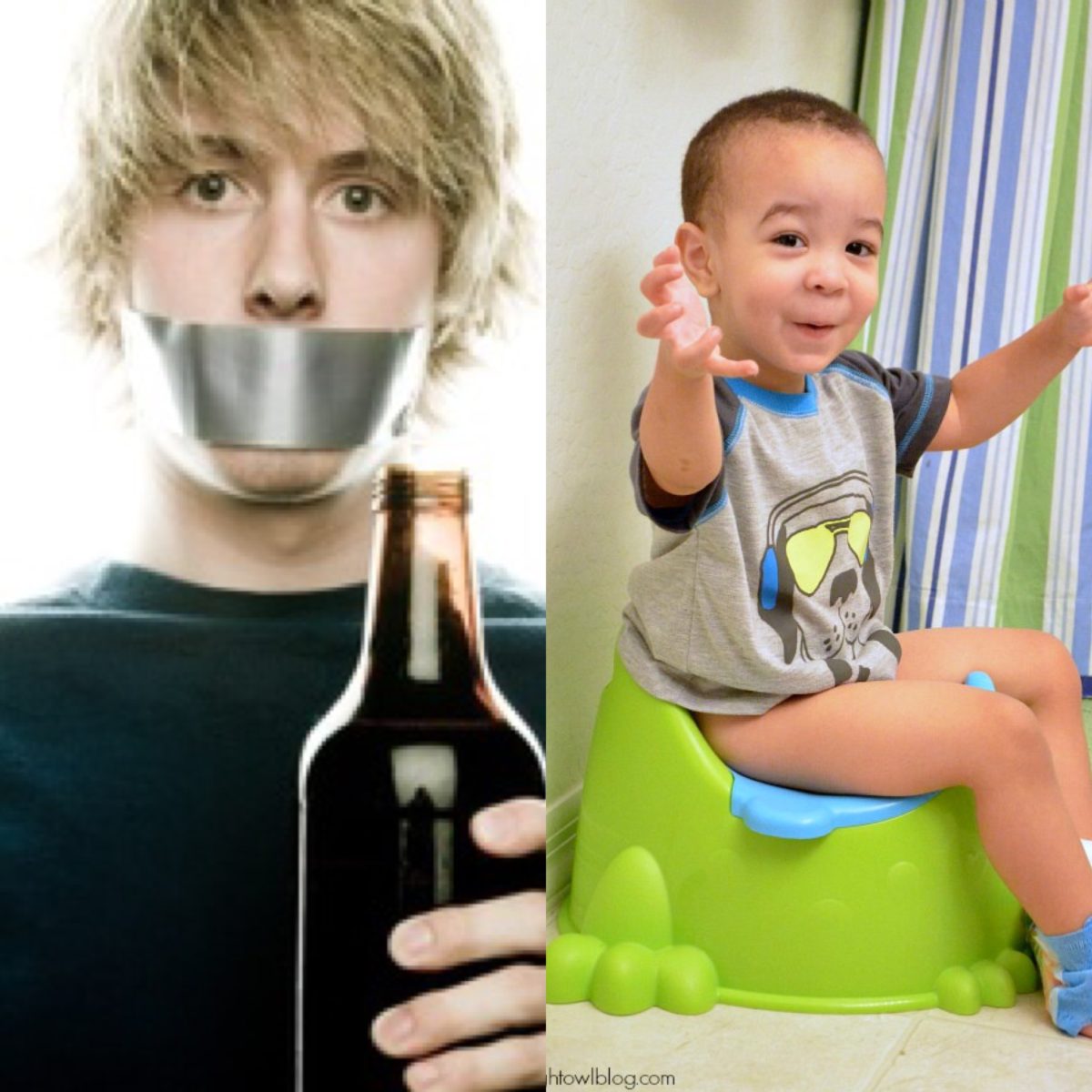Q: When I was a teenager, I signed a contract with my dad that I wouldn’t drink alcohol until I was of legal age. It didn’t work on me. Do you think this is a good idea?
A: Interesting that your perspective is “it didn’t work on me” and yet you’ve never forgotten that you did, indeed, have a contract. You see, your father most likely did not expect that you would honor the contract nearly as much as he expected that you would never forget you had one. He increased your accountability and your awareness by means of that contract. It did have an impact on your behavior. He had you thinking. What a wise dad!
Contracts are a written form of communication. They hold us accountable without the necessity of incessant reminders and threats. Contracts typically utilize more absolute language that teenagers process more easily, spelling out, in clear terms, exactly what the agreement between the two parties is. Therefore, once you sign a contract, you either are or are not in compliance with that agreement and you are typically quite cognizant of your standing.
Contracts generate more accountability in a teen simply because they exist. It would surprise most parents to know that most teens are not very informed about how their parents feel about certain teen behaviors. Teens tend to generalize and infer, through a negative adolescent lens, that we parents unpredictably and illogically attack their choices. Writing exactly what is not acceptable will create a clearer roadmap to success for the teen. Our job as parents is to create a system of values and communicate those values so our children have the best opportunity for success. This strategy is particularly effective with adolescents. The contract is a good plan.
Q: Both of my girls were potty trained by 2½. I have the same plan in mind for my son, but everyone’s telling me it can’t be done. Should we try?
A: Male and female children alike are capable of being trained early in the second year. It is purely a myth that boys’ plumbing and their immaturity make toilet training more difficult. But what is not a myth and is overlooked these day, is that becoming toilet trained is a vital transitional skill that literally fertilizes the development of a healthy self regard in a child.
Becoming toilet trained is usually the developmental skill that marks the transition of your child from toddler to pre-schooler. It is a skill of self reliance which helps children feel powerful and productive. The sooner they acquire age appropriate skills of self reliance, the earlier their feelings of pride are experienced.
Just as importantly, toilet training marks the beginning of a transition in our relationship with a child. As long as a child continues to use a daytime diaper, he remains a toddler and our role remains one of servitude. But when we are able to leave that role behind and become the pre-schooler’s parent – one who is teaching the child how to be successful in the world – we have made the transition to a much more fulfilling role in our child’s life.
Yes, give training your son at two your best shot. You and he have nothing to lose and everything to gain.





